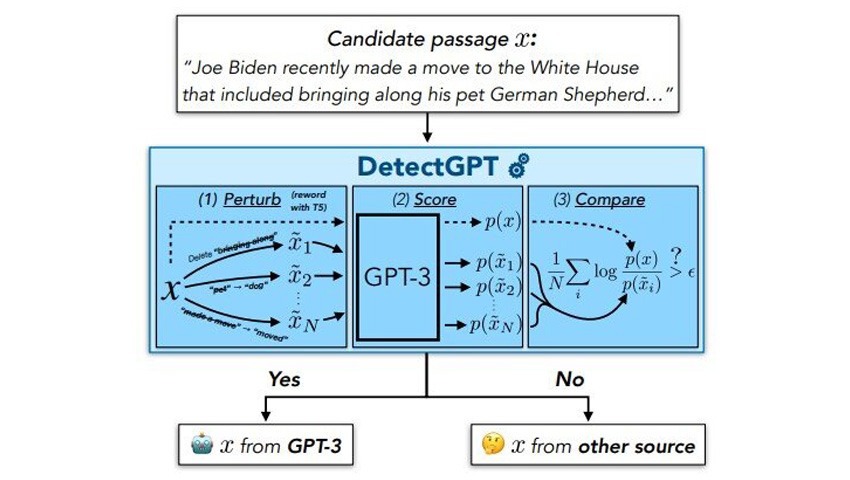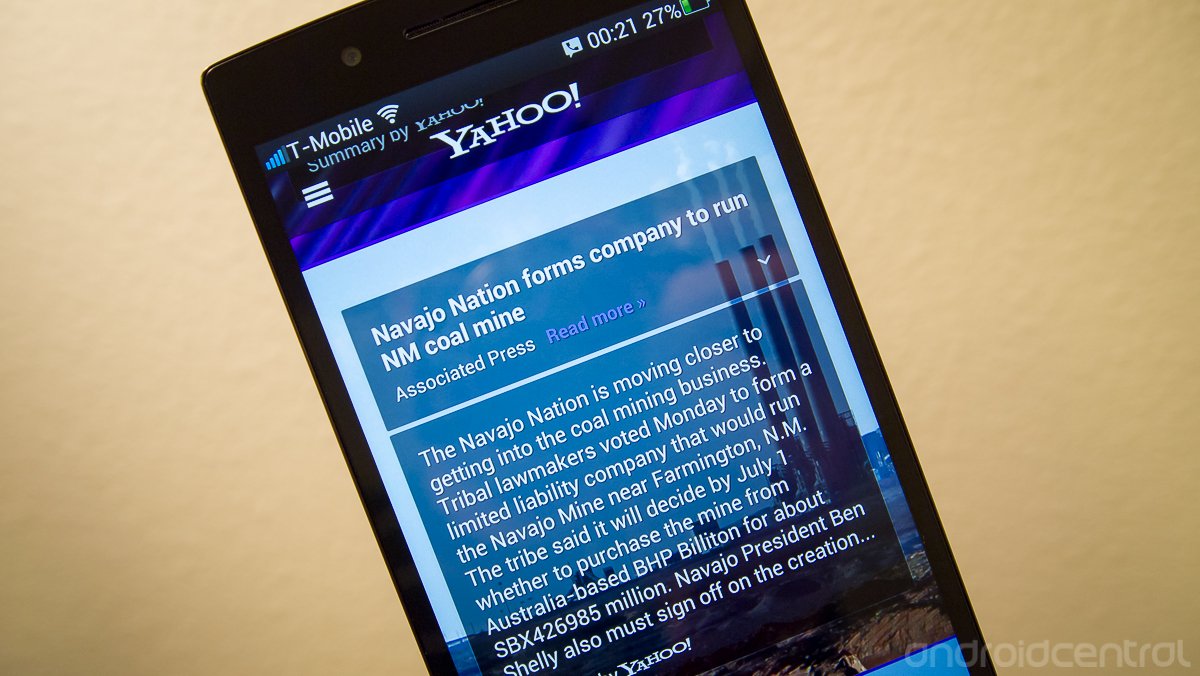How to Manage Multiple GitHub Accounts Seamlessly
Managing multiple GitHub accounts can quickly become a hassle if you're switching between personal, work, or client projects. Here's a comprehensive guide on setting up and managing multiple GitHub accounts effectively. Why Use Multiple GitHub Accounts? Many developers maintain separate accounts for different purposes: Professional: Dedicated to your work projects and collaborations. Personal: For personal or open-source contributions. Freelance/Client: Separate client or freelance work from your personal projects. Step-by-Step Guide to Set Up Multiple GitHub Accounts Step 1: Generate SSH Keys To generate a new SSH key pair for each GitHub account, open your terminal (on macOS or Linux) or Git Bash (on Windows). Then execute the following command, replacing your_email@example.com with the email address associated with your GitHub account: ssh-keygen -t ed25519 -C "your_email@example.com" Press Enter to accept the default location (~/.ssh/id_ed25519) or type a unique filename (e.g., ~/.ssh/id_ed25519_personal) to differentiate between multiple accounts. You can optionally add a passphrase for added security. For example, when prompted: Enter passphrase (empty for no passphrase): your_secure_passphrase Enter same passphrase again: your_secure_passphrase This passphrase adds an extra layer of protection by encrypting your SSH key. ssh-keygen -t ed25519 -C "your_email@example.com" Save each key to a unique file within the .ssh directory located in your user's home directory (typically at ~/.ssh). Examples of filenames include: ~/.ssh/id_ed25519_personal ~/.ssh/id_ed25519_work Step 2: Add SSH Keys to GitHub Accounts Go to your GitHub account settings: Settings → SSH and GPG keys → New SSH key Paste the contents of your public key file (e.g., ~/.ssh/id_ed25519_personal.pub) Repeat this for each account. Step 3: Configure SSH Edit your SSH config file at ~/.ssh/config: # Personal Account Host github.com-personal HostName github.com User git IdentityFile ~/.ssh/id_ed25519_personal # Work Account Host github.com-work HostName github.com User git IdentityFile ~/.ssh/id_ed25519_work Step 4: Clone Repositories Using Custom Hosts Instead of cloning normally, use your configured SSH host aliases: git clone git@github.com-personal:username/repo.git # or git clone git@github.com-work:companyname/repo.git Step 5: Set Up Git Configuration per Repository Configure Git user details within each cloned repository: git config user.name "Your Name" git config user.email "your_email@example.com" Alternatively, use conditional includes in your global git config (~/.gitconfig): [includeIf "gitdir:~/work/"] path = ~/work/.gitconfig-work [includeIf "gitdir:~/personal/"] path = ~/personal/.gitconfig-personal Then, create separate .gitconfig-work and .gitconfig-personal files: [user] name = Your Work Name email = work_email@example.com Step 6: Verify Your Configuration To verify your setup, run: ssh -T git@github.com-personal ssh -T git@github.com-work You should see a success message indicating you're authenticated correctly. Tips and Best Practices Always verify the SSH key in use before pushing sensitive changes (ssh-add -l). Clearly name SSH keys and configurations for easy management. Regularly update and rotate your keys for enhanced security. Troubleshooting Common Issues SSH authentication fails: Verify the correct SSH key and configuration host are used. Pushing commits under the wrong identity: Double-check the Git configurations for user email and name in your repository settings. Conclusion Effectively managing multiple GitHub accounts ensures a clear separation between personal, professional, and client projects, enhancing security and organization. By following this structured approach, you can seamlessly work across different GitHub identities without confusion.

Managing multiple GitHub accounts can quickly become a hassle if you're switching between personal, work, or client projects. Here's a comprehensive guide on setting up and managing multiple GitHub accounts effectively.
Why Use Multiple GitHub Accounts?
Many developers maintain separate accounts for different purposes:
- Professional: Dedicated to your work projects and collaborations.
- Personal: For personal or open-source contributions.
- Freelance/Client: Separate client or freelance work from your personal projects.
Step-by-Step Guide to Set Up Multiple GitHub Accounts
Step 1: Generate SSH Keys
To generate a new SSH key pair for each GitHub account, open your terminal (on macOS or Linux) or Git Bash (on Windows). Then execute the following command, replacing your_email@example.com with the email address associated with your GitHub account:
ssh-keygen -t ed25519 -C "your_email@example.com"
Press Enter to accept the default location (~/.ssh/id_ed25519) or type a unique filename (e.g., ~/.ssh/id_ed25519_personal) to differentiate between multiple accounts. You can optionally add a passphrase for added security. For example, when prompted:
Enter passphrase (empty for no passphrase): your_secure_passphrase
Enter same passphrase again: your_secure_passphrase
This passphrase adds an extra layer of protection by encrypting your SSH key.
ssh-keygen -t ed25519 -C "your_email@example.com"
Save each key to a unique file within the .ssh directory located in your user's home directory (typically at ~/.ssh). Examples of filenames include:
~/.ssh/id_ed25519_personal~/.ssh/id_ed25519_work
Step 2: Add SSH Keys to GitHub Accounts
Go to your GitHub account settings:
- Settings → SSH and GPG keys → New SSH key
- Paste the contents of your public key file (e.g.,
~/.ssh/id_ed25519_personal.pub)
Repeat this for each account.
Step 3: Configure SSH
Edit your SSH config file at ~/.ssh/config:
# Personal Account
Host github.com-personal
HostName github.com
User git
IdentityFile ~/.ssh/id_ed25519_personal
# Work Account
Host github.com-work
HostName github.com
User git
IdentityFile ~/.ssh/id_ed25519_work
Step 4: Clone Repositories Using Custom Hosts
Instead of cloning normally, use your configured SSH host aliases:
git clone git@github.com-personal:username/repo.git
# or
git clone git@github.com-work:companyname/repo.git
Step 5: Set Up Git Configuration per Repository
Configure Git user details within each cloned repository:
git config user.name "Your Name"
git config user.email "your_email@example.com"
Alternatively, use conditional includes in your global git config (~/.gitconfig):
[includeIf "gitdir:~/work/"]
path = ~/work/.gitconfig-work
[includeIf "gitdir:~/personal/"]
path = ~/personal/.gitconfig-personal
Then, create separate .gitconfig-work and .gitconfig-personal files:
[user]
name = Your Work Name
email = work_email@example.com
Step 6: Verify Your Configuration
To verify your setup, run:
ssh -T git@github.com-personal
ssh -T git@github.com-work
You should see a success message indicating you're authenticated correctly.
Tips and Best Practices
- Always verify the SSH key in use before pushing sensitive changes (
ssh-add -l). - Clearly name SSH keys and configurations for easy management.
- Regularly update and rotate your keys for enhanced security.
Troubleshooting Common Issues
- SSH authentication fails: Verify the correct SSH key and configuration host are used.
- Pushing commits under the wrong identity: Double-check the Git configurations for user email and name in your repository settings.
Conclusion
Effectively managing multiple GitHub accounts ensures a clear separation between personal, professional, and client projects, enhancing security and organization. By following this structured approach, you can seamlessly work across different GitHub identities without confusion.
































































































































































![[The AI Show Episode 143]: ChatGPT Revenue Surge, New AGI Timelines, Amazon’s AI Agent, Claude for Education, Model Context Protocol & LLMs Pass the Turing Test](https://www.marketingaiinstitute.com/hubfs/ep%20143%20cover.png)



























































































































![[DEALS] Koofr Cloud Storage: Lifetime Subscription (1TB) (80% off) & Other Deals Up To 98% Off – Offers End Soon!](https://www.javacodegeeks.com/wp-content/uploads/2012/12/jcg-logo.jpg)
























![Is this too much for a modular monolith system? [closed]](https://i.sstatic.net/pYL1nsfg.png)




















































































































_roibu_Alamy.jpg?width=1280&auto=webp&quality=80&disable=upscale#)




 CISO’s Core Focus.webp?#)






































































































![M4 MacBook Air Drops to Just $849 - Act Fast! [Lowest Price Ever]](https://www.iclarified.com/images/news/97140/97140/97140-640.jpg)
![Apple Smart Glasses Not Close to Being Ready as Meta Targets 2025 [Gurman]](https://www.iclarified.com/images/news/97139/97139/97139-640.jpg)
![iPadOS 19 May Introduce Menu Bar, iOS 19 to Support External Displays [Rumor]](https://www.iclarified.com/images/news/97137/97137/97137-640.jpg)






































































































